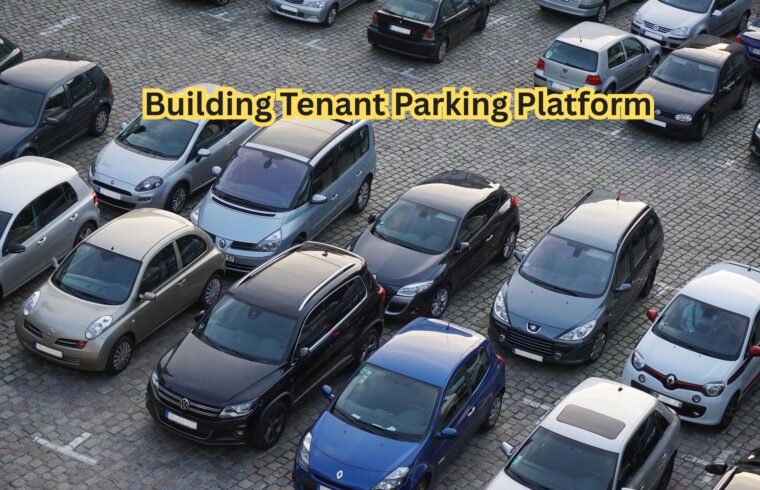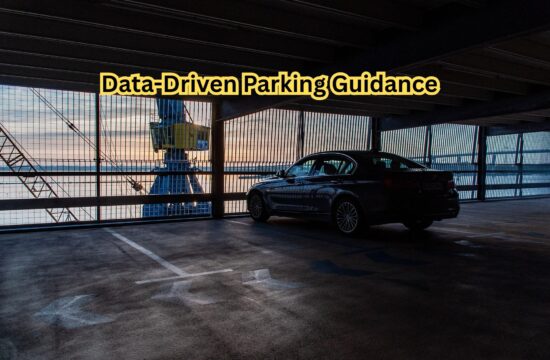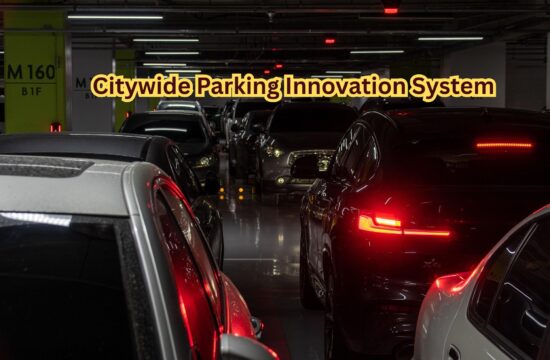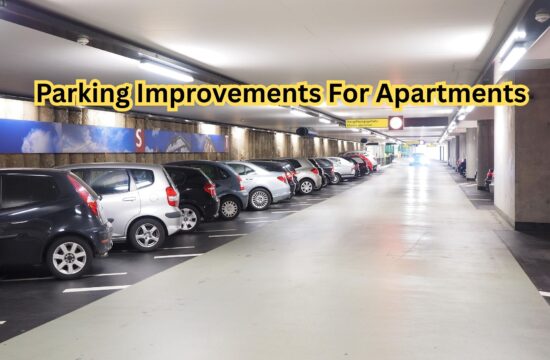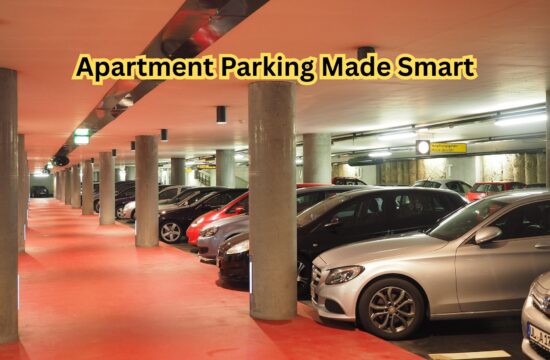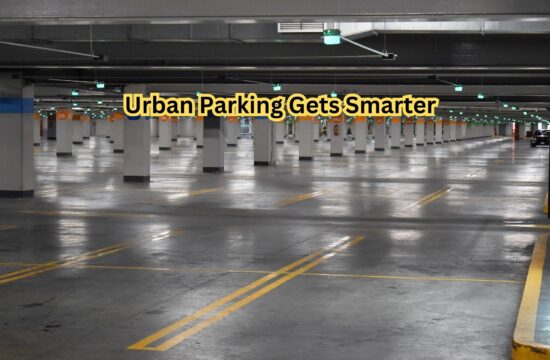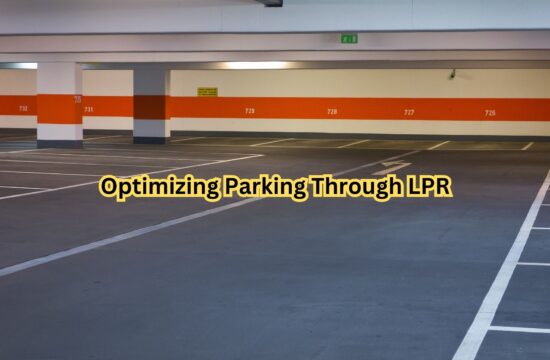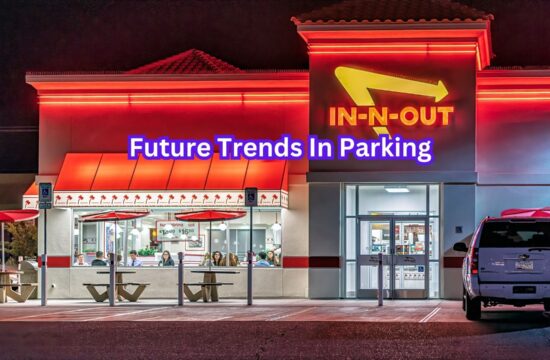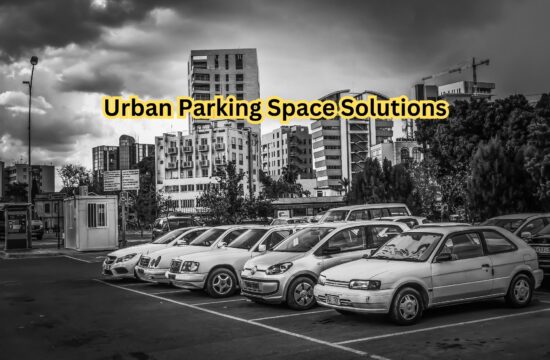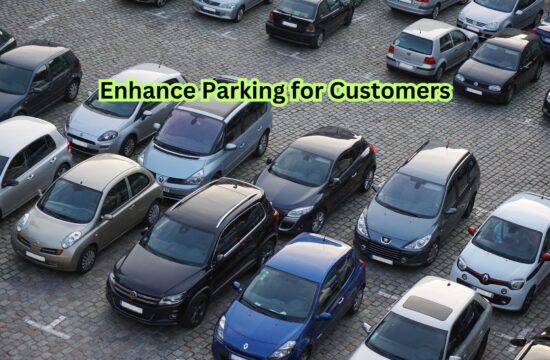Building Tenant Parking Platform has emerged as a critical solution to address the challenges of effective parking management, which has become a major issue for both landlords and renters in expanding metropolitan environments. Conventional techniques, such as manual logging or physical permits, are no longer successful in meeting the needs of today’s dynamic urban settings. As a result, Building Tenant Parking Platform is no longer just an option—it is essential for modern residential and commercial spaces. With the growing demand for well-organized, technologically advanced solutions, Building Tenant Parking Platform ensures a streamlined and efficient approach to parking allocation, monitoring, and compliance.
Understanding the Purpose of a Parking Platform
Tenant parking platforms function as a centralized system that allows property managers to digitally assign, track, and regulate parking access. Tenants can use a mobile or web interface to manage visitor parking, see availability, and reserve places. This boosts the renter experience in addition to increasing efficiency.
Key Features of an Ideal Parking Platform
Features like visitor management, safe access control, real-time spot availability. And license plate recognition (LPR) are all essential components of a well-designed parking system. Tenants and property managers can benefit from additional value and convenience through integration with smart gates, cameras, and automated billing.
Technologies Involved in Platform Development
Cloud databases, IoT integrations, AI-based analytics, and online and mobile development technologies are frequently used in the creation of parking platforms. Platforms frequently make use of cloud services like AWS or Firebase for data and hosting. As well as front-end technologies like React and back-end technologies like Node.js or Python.
Benefits to Property Managers and Tenants
The technology streamlines parking distribution, lowers administrative burden, and enhances enforcement for property management. Tenants benefit from easy parking, clear access, and prompt assistance. In the end, this improves the property’s reputation and increases tenant happiness.
Common Challenges and How to Overcome Them
There are several obstacles to overcome while developing such a platform, including issues with user uptake, data protection, and interaction with current systems. User-friendly design, scalable architecture, and strong security measures can all help with this. Support and training also contribute to a seamless transition.
Monetization and ROI for Property Owners
Visitor parking fees, premium features, and data insights for optimization are ways to make money off of tenant parking platforms. Over time, potential revenue sources, improved tenant retention, and better operational efficiency surpass the original cost.
Future Trends in Tenant Parking Solutions
Tenant parking platforms have a bright future thanks to the development of electric vehicles, smart city integration, and artificial intelligence. The experience will soon be further revolutionized by features like dynamic pricing, predicted parking availability, and reservations for EV charging stations.

